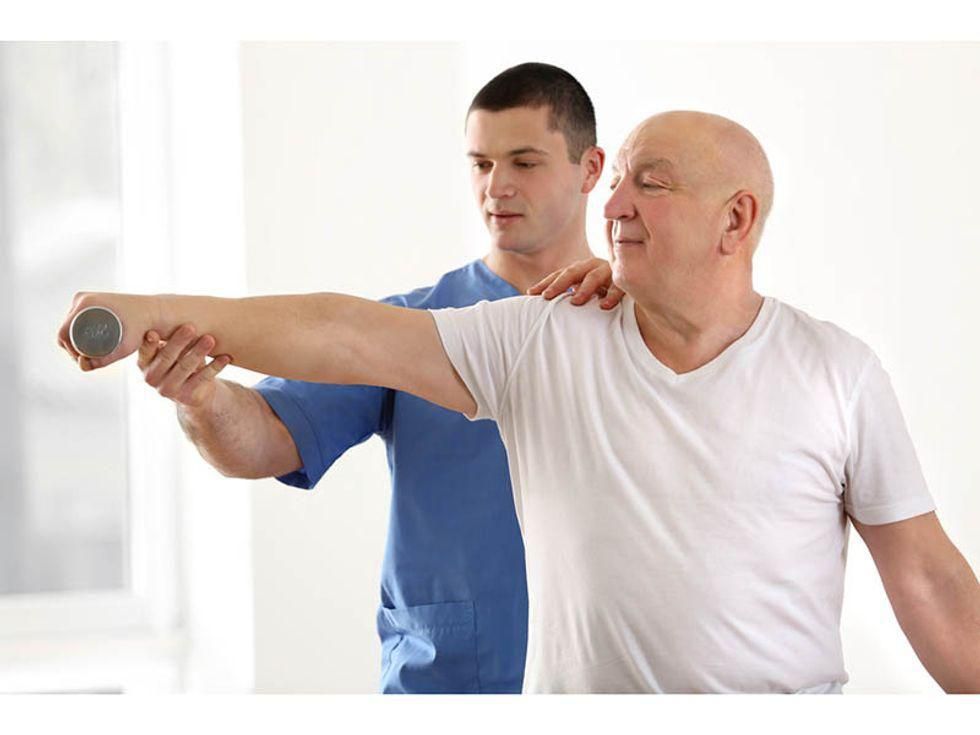
Severe high and low blood sugar events in older adults with type 1 diabetes may significantly increase their risk of dementia, according to a new study. “For people with diabetes, both severely high and low blood sugar levels are emergencies and both extremes can largely be avoided,” said study author Rachel Whitmer, associate director of… read on > read on >


















